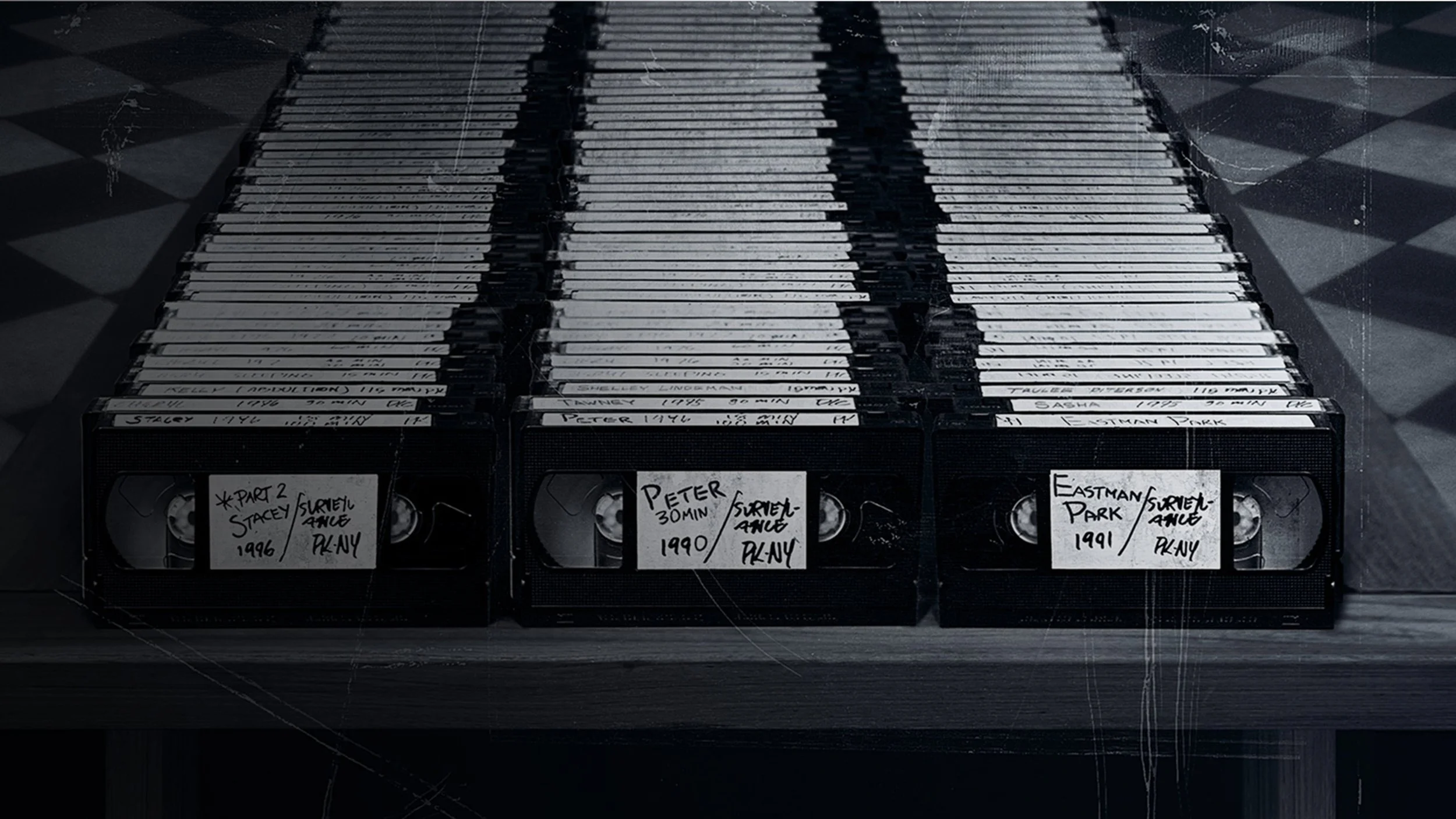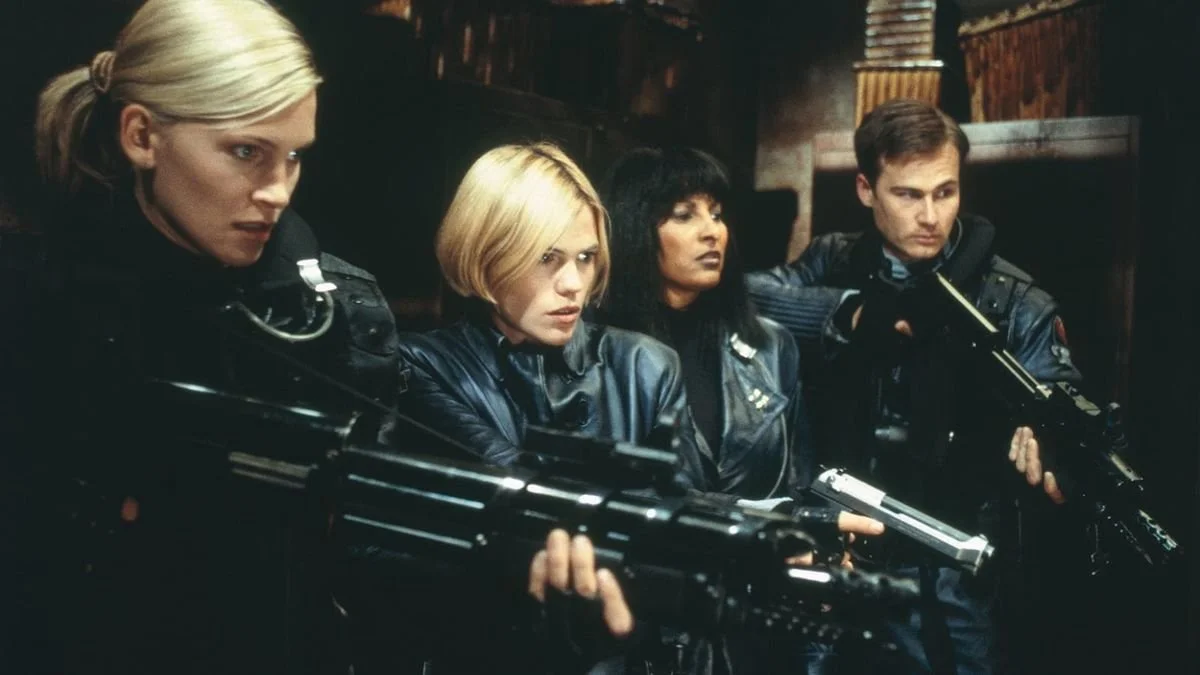Review: Cocktail (1988)
I’m sorry, but Cocktail is a lot of fun. I only had a drink or two while watching it, so it’s not just the liquor talking. Tom Cruise plays Brian Flanagan, a young man who wants to make it big in business in New York City, but who ends up becoming a bartender to make ends meet. Cocktail received negative reviews upon its release and a Razzie for Worst Picture, but it was successful at the box office, becoming the eighth highest-grossing film of 1988. (Cruise had critical acclaim and even more box office success the same year with Rain Man.) After finally watching what is often derided as Cruise’s worst movie, I’m kind of befuddled that Cocktail is generally considered a terrible movie.
Admittedly, Cocktail is an odd movie in some ways, not least of all because, for a movie famously about bartending, there is little attention given to mixing drinks. Flanagan never sits down and tries to concoct a delicious new cocktail. There’s no hipster with a curly mustache carefully measuring out handcrafted syrups, muddling herbs, or unveiling glasses filled with smoke. Instead, the bartenders are more like showmen, spending their nights working the bar crowds, spinning bottles and tossing them back and forth in elaborate choreographed, dance-like sequences. But if you can set aside the standards of 21st-century mixology and accept that a young man could become the toast of New York City nightlife for flamboyantly spinning and tossing bottles, the movie can open up for you in enjoyable ways.
Directed by Roger Donaldson, Cocktail is based on Heywood Gould’s semi-autobiographical novel of the same name, about the kinds of people who aspire to more but get stuck tending bars, and Gould adapted it himself for the screen. Even though Gould admits he had to please the producers by making the story more Hollywood, the movie still tells an effective version of one of the quintessential American stories, that of a man’s struggles to become rich and successful. As a movie about the American Dream—about the possibilities and pitfalls of upward mobility in the 1980s—Cocktail explores two common dimensions of such stories.
First, it’s a movie about a young man going to the Big City to make it big. (Coincidentally, Jay McInerney’s Bright Lights, Big City was published the same year as Cocktail, 1984, and was also adapted into a movie in 1988, starring Michael J. Fox). In the first scene, Brian is just getting out of the army, and he heads back to his uncle’s bar in NYC. Brian devours books on business and self-improvement and dreams of get-rich-quick schemes, but he finds business school uninspiring. Needing a job, he comes under the wing of a seasoned bartender, Doug Coughlin (played with charisma by Australian actor, Bryan Brown), and Coughlin shows Brian how to bartend with flair. This dimension of the story comes across naturally and believably, reminding me of aspects of my own experiences moving to the big city and taking on whatever job to get by.
I was surprised to find myself also reminded at times of the earlier, indie Canadian telling of this kind of story, Donald Shebib’s great Goin’ Down the Road from 1970 (which Aren and I discussed on a bonus episode of 3 Brothers Filmcast), about two maritimers heading to Toronto to make it big. Both films show how dreams of easy success never turn out, and they both contain, early on, funny job interview montages, where the main character is rejected time after time for his lack of experience. I would venture that we all know this kind of story, whether we’ve lived it or just encountered it in narratives, and Cocktail tells it fairly well.
Second, and somewhat more unevenly, Cocktail is a cautionary tale about the perils of pursuing money above all else. It contrasts material success with success in our relationships, and the excitement of night life with the connections of true love and family. In the last act, the narrative takes some tragic turns. The thematic critique of materialism comes across as fairly mechanical, moralistic, and melodramatic, in spite of being somewhat murky about its resolution of Brian’s desire for wealth. However, the melodrama seems of a piece with similar films critical of the ruthless pursuit of wealth and excess from the 1980s, such as 1987’s Wall Street.
If Cocktail tells a familiar story, the key to its effectiveness lies with the casting. The young Tom Cruise is energetic and likeable, totally believable as a sometimes naive young man with big ambitions (as was often Cruise’s mode in the 1980s). Elisabeth Shue plays Jordan Mooeny, who becomes Brian’s love interest about halfway through the movie. Shue’s regular girl appeal initially masks her character’s wealthy upbringing, which plays an important factor later on in the story. Kelly Lynch plays Kerry, who becomes Coughlin’s wife, and is given a few moments of multi-dimensionality amid scenes in skimpy bikinis and racy dresses.
The standout performance, however, is the older bartender, Bryan Brown’s Doug Coughlin. Coughlin’s cynicism and wry comments are hilarious, and I particularly enjoyed the motif of “Coughlin’s Law,” his vainglorious pronouncements of pseudo-wisdom sprinkled throughout the film. Brown’s Coughlin is memorable but also believable, recalling the bitter yet humorous types who linger in their undesired jobs far past when they thought they would have achieved more. Likewise, the tension between the fresh young upstart and the cynical older man plays well, while at the same time we buy the friendship between Brian and Doug enough for their narrative arc to work.
My appreciation for Donaldson and Gould’s handling of conventional storylines and character types doesn’t mean that the movie isn’t uneven. Some moments of drama that I don’t want to spoil are overwrought. There’s a sudden interlude in Jamaica, which Donaldson famously transitions to with the Beach Boys’ “Kokomo” as a sound bridge. While the Jamaican interlude seems, in ways, fabricated to inject some beach scenes and tropical romance into the storyline, the sequence is actually essential to the narrative. It’s where Brian and Doug meet their respective love interests, and it neatly divides the narrative into three main parts: Brian’s beginnings and rise in NYC; Brian’s faux-fall and Jamaican interlude where he finds love; and the fall of Doug alongside the redemption of Brian back in NYC.
One more positive comment: today, this kind of crowd-pleasing entertainment, based on casting, melodrama, and romance rather than action spectacle, is somewhat unusual, even if the success of Barbie and Oppenheimer last summer perhaps indicates audiences’ shift in interest away from superhero spectacle. Fashions and conventions change. Cocktail demonstrates that the pure conventionality of 1988 can taste smooth and refreshing in 2024.
6 out of 10
Cocktail (1988, USA)
Directed by Roger Donaldson; screenplay by Heywood Gould, based on his novel; starring Tom Cruise, Elisabeth Shue, Bryan Brown, and Kelly Lynch.



Kiyoshi Kurosawa’s 2001 J-horror film predicted the new millennium in terrifying ways.